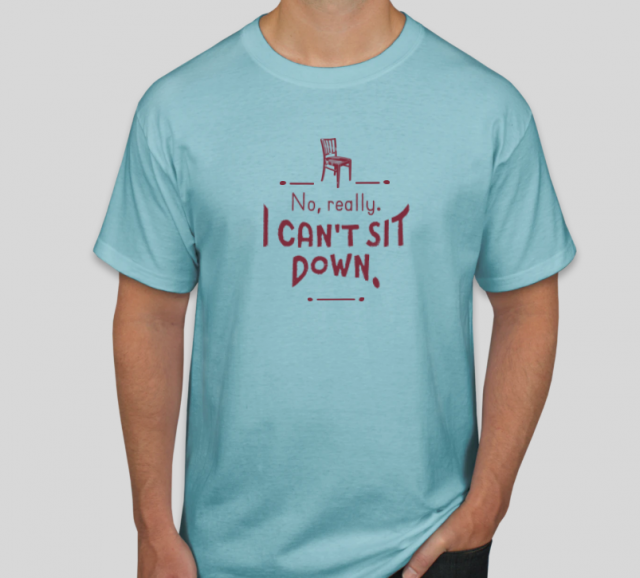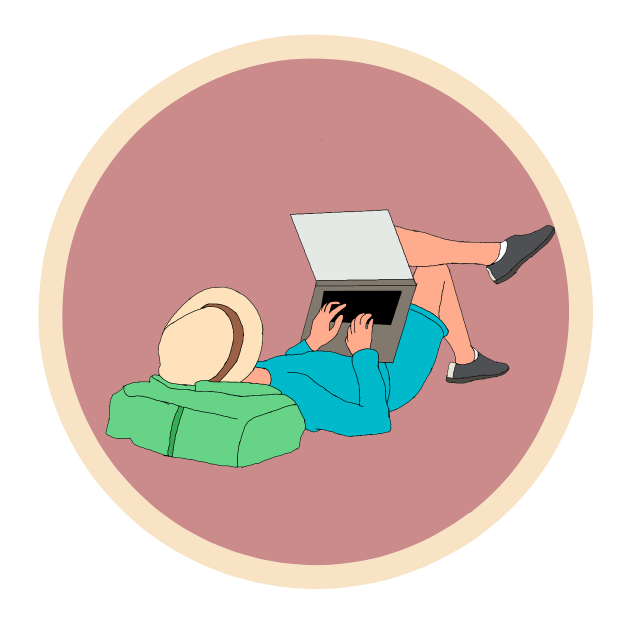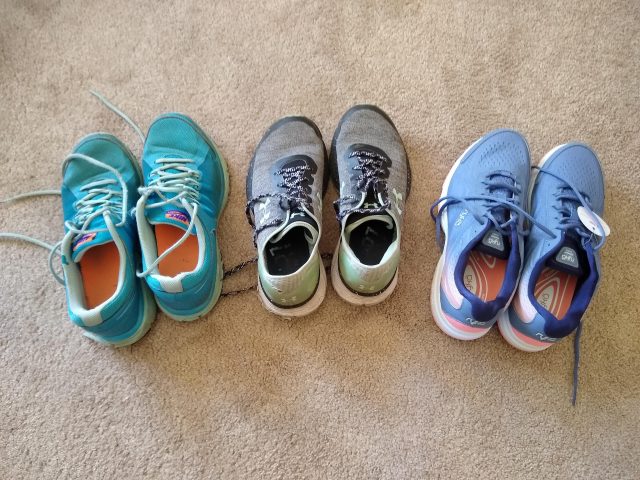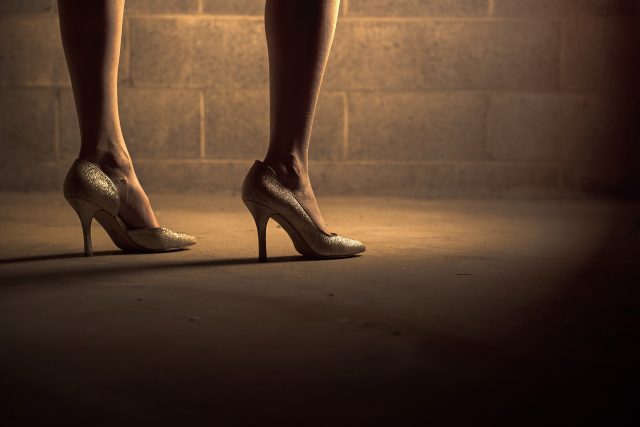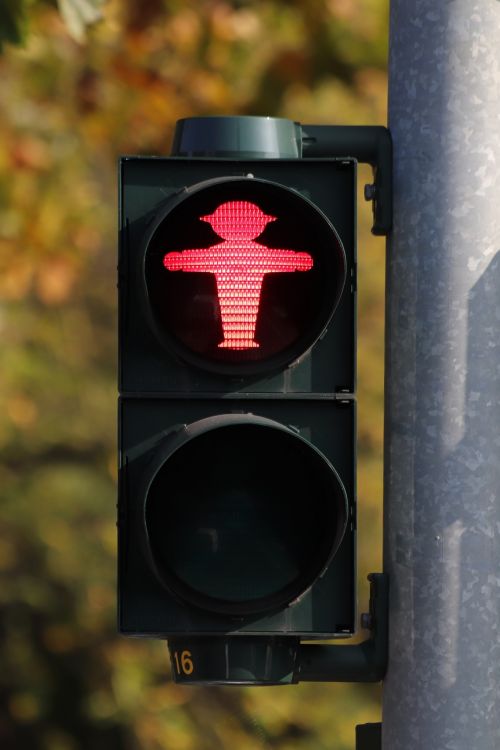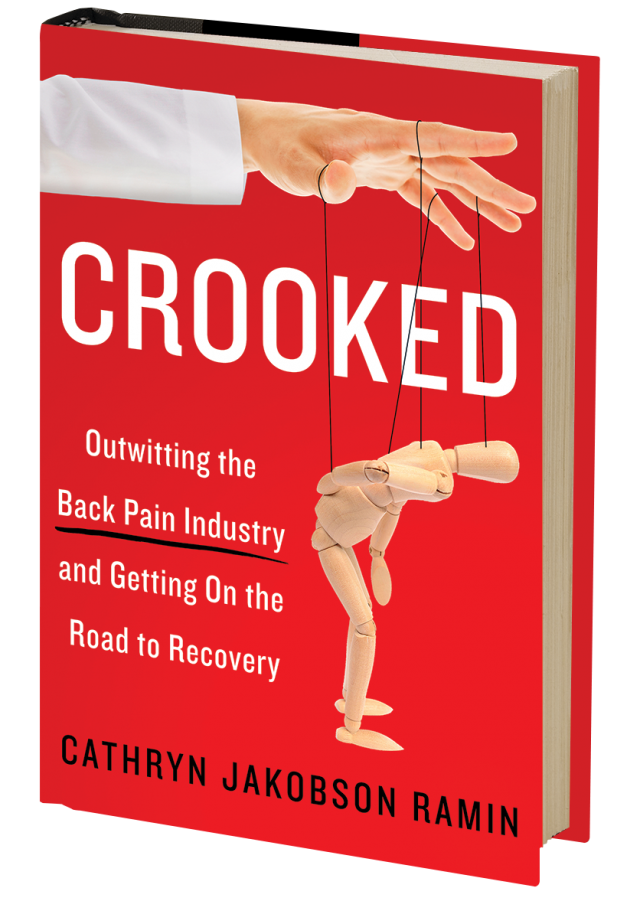My fashion sense, never strong, has recently devolved from “I don’t care,” to “I’m looking for the wrong kind of attention.” I flatter myself by saying each carefully-chosen item fulfills a specific purpose, and is eminently practical. But when I get dressed, I have to consider my sitting disability, the weather, and any stops I might make during the day. The end result is, admittedly, discordant.
Month: June 2020
I Bought a Blueberry Bush
I’ve noticed that, since I threw in the towel and admitted to having a sitting disability, I’ve become more prone to this type of slightly irrational, snap decision making. An idea will burst into being in my mind, and shortly thereafter, it will take on the sheen of destiny. I crave something, but I’m not at all sure that thing is fresh produce.
Working With a Sitting Disability Survey Results
To answer these questions, I created a survey, which I shared on the Sitting Disabilities Facebook group on June 14th. After a week, I collected the results, and summarize them here.
No Thanks, I’d Rather Stand. And Could I Opt Out of Civilization?
The thing that often gets lost in the discussion of sitting disabilities is just how socially meaningful and culturally ingrained the act of sitting is.
The Right Shoes for My Upright Life
Now that I have a sitting disability, shoes are less of a fashion statement, and more of a medical device.
The Best Article You’ll Ever Read About Malaysia’s Workplace Safety Guidelines
Canada and Malaysia, which are two countries I’ve never grouped together before, both offered surprisingly useful information on standing and working.
Standing in the Workplace: NIOSH Weighs in
In 2014, authors from The National Institute for Occupational Safety and Health (NIOSH), which makes recommendations for work-related safety and injury prevention, released a thorough review of the dangers of prolonged standing and the effectiveness of various interventions.
Are You Standing in the Red Zone?
This study, and the standing safety guidelines, provides a useful objective assessment tool, and could be a useful data point when discussing workplace accommodations.
Book Review: CROOKED: Outwitting the Back Pain Industry and Getting On the Road to Recovery by Cathryn Jakobson Ramin
Crooked was sufficiently useful that I listened to the audiobook twice, and then bought a hardcopy so I could page through it more carefully. In many ways, it changed my thinking about back pain and treatment, and made me realize that my failure to respond to the treatments prescribed to me has less to do with my own unique situation and more to do with the failures of the system.
